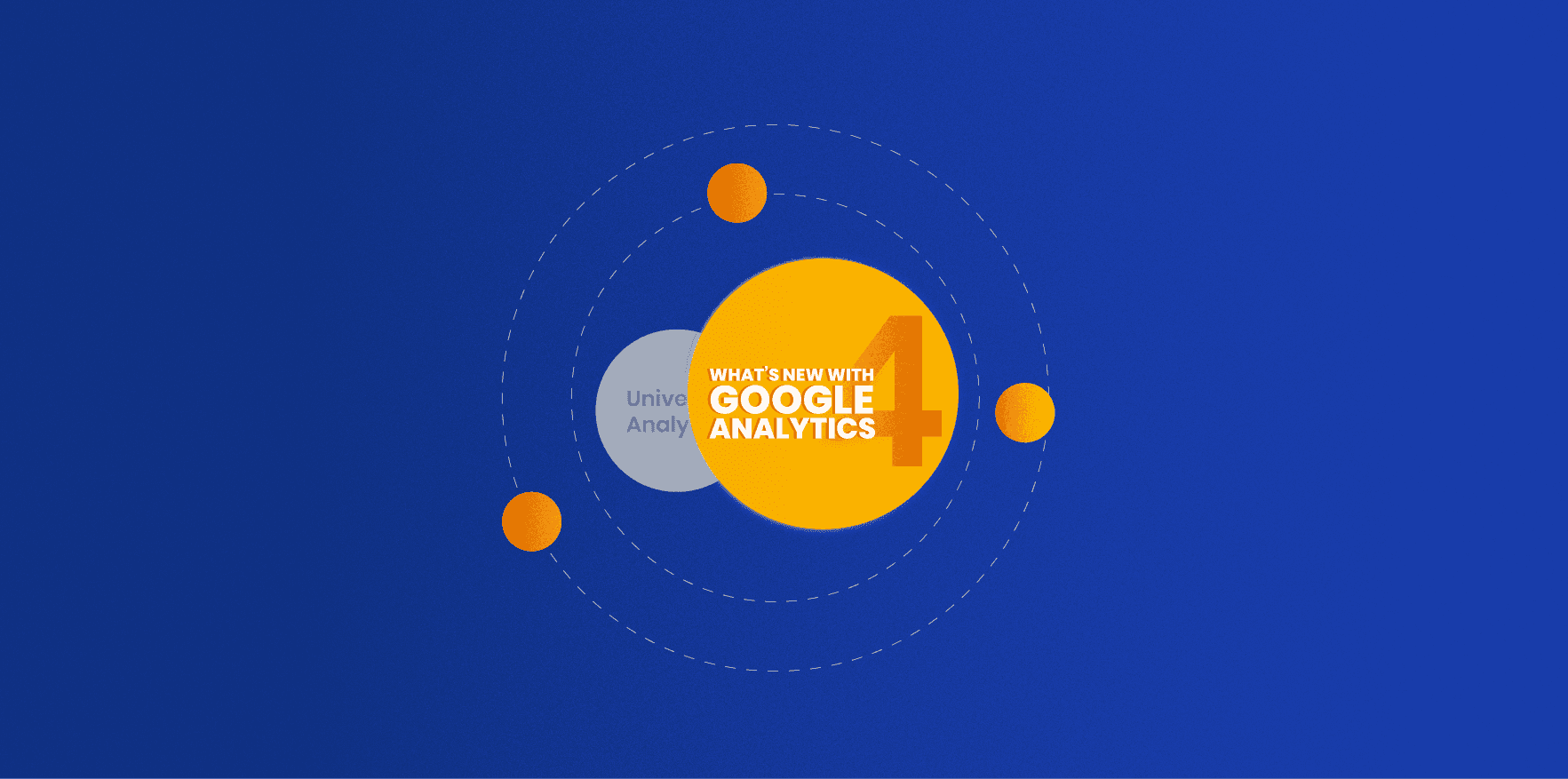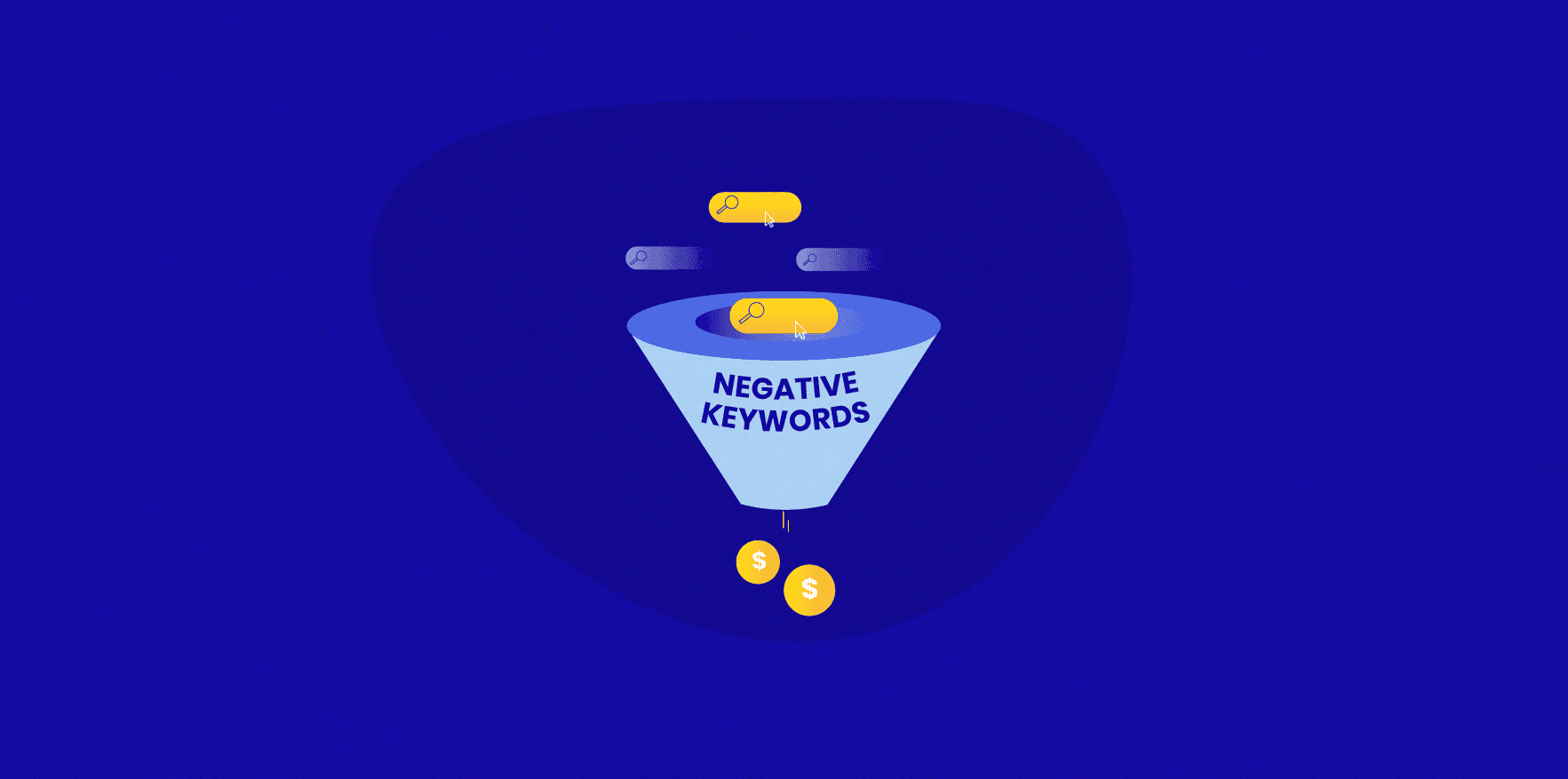
SEO
Will Google Still Be Relevant In The Future? - The Future Of SEO
Growth Insights
News

Alex Coupe
24 thg 7, 2023
As AI technology continues to advance, we are seeing significant changes in the way people search for information. With TikTok now boasting over a billion active users and ChatGPT showcasing the potential of AI chatbots, the future of SEO is looking very different from what we have grown accustomed to.
With consumer behavior moving towards visuality and instantaneousness, many are asking how Google will fare in the future. And many marketers are asking how SEM, and SEO specifically, will change in response to these changes.
In this article, we'll explore how the rise of TikTok and Chatbots is changing the world of search, what this means for Google, and how you can adapt to ensure your SEO content continues to achieve success.
1. TikTok and Chatbots - the future of search?
The rise of TikTok and chatbots have been two of the most dramatic tech developments in recent years. Whilst they are drastically different, both have search capabilities that differ from the search engine structure and are better catered to modern consumer psychology: meeting the increasing demand for instantaneous, convenient content.
ChatGPT

Let's start with chatbots, more specifically ChatGPT.
ChatGPT is a publicly accessible tool that can answer complex queries in single, structured, human-like responses: it can generate ideas or outlines for articles; it can compose emails and essays and code; if you want, it can even write you a song. People, and businesses, are understandably excited about this innovation. Not only is ChatGPT showcasing the power of Natural Language AI tools, it's also showcasing it at an incredibly accessible level.
According to UBS data, ChatGPT is the fastest-growing app of all time, taking just 5 days to reach 1 million users and 2 months to reach 100 million users.
One of the key reasons for the growing popularity of AI chatbots is that they provide instant gratification and convenience to consumers.
Chatbots differ from conventional search engines by generating fluent, single-response answers based on algorithms trained on internet-based datasets, making them a time-efficient tool that can quickly provide specific information. Unlike search engines, chatbots can also generate creative responses, making them a valuable addition to businesses and individuals seeking a more personalized approach.
ChatGPT can quickly and simply tell you the best places in London for people who like history and coffee, whilst a similar Google query would require you to flick through some relevant weblinks to find what you're looking for.
Unfortunately for marketers, however, the chatbot query-response format all but nullifies their use for PPC or SEO purposes.
TikTok

Unlike ChatGPT, TikTok offers a list of responses to search queries in bite-sized video format. As a social media platform, it's built on user-generated content (UGC), with app users able to share videos about (almost) anything they want.
Similar to Google, TikTok's value as a platform increases as the amount of content on it increases. With the platform now boasting over one billion users (including users of Douyin - the original Chinese version of the app), the volume of content on the app is both huge and broad.
The UGC model and the volume of users on TikTok mean that, alongside dance trends and comedy shorts, the platform also contains content on incredibly niche topics or very specific locations. This makes it increasingly valuable as a search tool for many users, 39% of whom are below the age of 25.
Users can find content on pretty much any topic - whether they're looking for a good 90s rom-com, a great Vietnamese restaurant in Paris, or tips on how to smash an interview.
One unique feature of TikTok's search function is that it is not solely reliant on keywords: its algorithm combines a number of factors, including user behavior, trending topics, and hashtags, to determine which videos to display in the search results for each user.
This approach enables users to discover content that they may not have found through traditional keyword-based search methods - like Google or ChatGPT. As a result, increasing numbers of people are flocking to TikTok for discovery.
At Fortune's 2022 Brainstorm Tech Conference, Google Senior Vice President Prabhakar Raghavan directly referred to TikTok as a platform that is stealing market share away from Google as a discovery tool. Google's studies, he claimed, showed that "something like almost 40% of young people, when they're looking for a place for lunch, they don't go to Google Maps or Search. They go to TikTok or Instagram".
2. The Future of Search?
So TikTok and ChatGPT are changing the way people search. But what does this mean for Google? And what does this mean for you?
Although chatbots are useful tools, they have certain limitations compared to traditional search engines. Unlike search engines, which rely on constantly updated algorithms and expansive search indexes to provide accurate and relevant results, chatbots are only as reliable as the data they are trained on.
Whilst ChatGPT's model means it can tell you lots about almost anything - it can't give the market insight, thought leadership, or expert opinions that well-written marketing copy can.
Similarly, whilst the breadth and depth of TikTok's UGC are impressive, it remains unlikely that industry professionals, many of whom may be older than TikTok's dominant demographic, are jumping straight to the app for industry insights or market-specific thought leadership.
Furthermore, the accuracy of TikTok content, and the authority of those who create it, is often unclear - after all, anyone can post about anything.
People will continue to flock to ChatGPT for instructional content, factual information, or help writing a poem for their partner, and TikTok will remain a place for people to access more opinion-based UGC. Both technologies provide search functions that are undeniably eating into Google's market dominance but will ChatGPT and TikTok make traditional search redundant?
From our point of view, the gaps left by TikTok and ChatGP mean that Google will remain a dominant player in search - but what people will use it for is likely to change.
Google will continue to exist as a valuable resource for accessing a wide range of content, including expert opinions and thought leadership. With ChatGPT and TikTok offering fact-based and organic UGC content respectively, Google will become the home of market-specific, expertise-based value.
3. What about SEO?

From an SEO perspective, adapting to the rise of ChatGPT and TikTok means adopting a different focus.
SEO content needs to offer what these new technologies can not: in-depth, valuable, expertise-led analysis and insight that provides real value to users. Content that offers thought leadership and expert insight will grow in value and attract more clicks in the future.
This is not to say that marketers should stop writing reviews or purely fact-based, instructional SEO content - but over time, this information will become something that more and more people turn to TikTok ChatGPT for, respectively.
Google remains a great space to find opinions from those in positions of expertise or gain specific market insight or information direct from those within it. Establishing and sharing expertise is therefore an increasingly important component of a successful SEO strategy.
It's also important to recognize the growing value of TikTok as a marketing platform in its own right: diversifying your strategy to integrate engaging TikTok content or TikTok ads is an excellent opportunity to reach new, younger audiences.
Wrap Up
The rise of ChatGPT and TikTok raises important questions about the future relevance of Google, which has long been the go-to search platform. Will they eventually squeeze Google's market share to insignificance?
We think that the gaps left by TikTok and ChatGPT and its dominant market position mean that Google is likely to remain a dominant player in the search industry.
Nevertheless, it may need to evolve its algorithms and ranking criteria to ensure that it continues to offer the results people want to see.
Marketers should also seek to understand what users now want from their SERP results and adapt their approach to SEO content creation accordingly.
Before we finish, it's worth noting that Google has recently launched its own AI chatbot, Bard, in the UK and US, signaling its commitment to remaining at the forefront of search technology. It remains to be seen how Bard will perform after a wider rollout, and how this might further affect SEO and PPC.
A more detailed look at Bard and a comparison between it, ChatGPT, and other chatbot technologies will be available here in the future. To stay up to date with that, and other market insights and developments, join our internal Slack channel.
Join the talk!
Stay on top of digital marketing innovation thanks to the insights from our internal Slack.
We post everyday!


